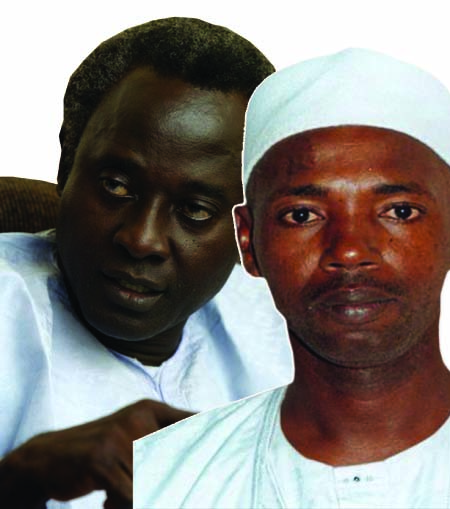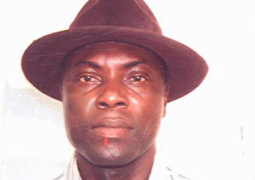
The race for the forthcoming National Assembly elections is gathering pace following a close-door meeting by seven opposition parties Tuesday with officials of the Independent Electoral Commission, during which the opposition presented a document to the commission for consideration ahead of the polls.
Though the contents of the document were not disclosed to the media, sources said it, among others, contained issues and concerns raised by the opposition, including the use of state resources during campaign periods, involvement of regional governors and chiefs, as well as media bias during elections.
Held at the Election House in Kanifing, the meeting lasted for more than two hours.
“We come up with a collective statement which indicates how we see the elections, what we consider to be the factors that may undermine genuine elections, and what should be done to ensure that there is genuine election in The Gambia, and if the IEC comes to agree with that, then obviously we will be moving forward,” Halifa Sallah of the Peoples Democratic Organisation for Independence and Socialism, PDOIS, told journalists after the meeting.
For Sallah, in the absence of genuine elections, all the opposition parties are likely to meet again to take a common position on the scheduled elections.
“We expect that this will be viewed with utmost urgency, and we believe that the onus is on the IEC to speed up the process and come up with a decision,” Sallah said.
According to Sallah, the greatest threat to a genuine electoral system is the abuse of incumbency.
“In actual fact, opposition candidates are combating a state, and not a candidate. Elections should be candidates versus candidates, each equal; equal access to state resources, and after campaigning the people will select their choice.
“However, what we have in The Gambia is a state, ministers, governors, chiefs using government vehicles, state vehicles or vehicles of public enterprises, among others, to campaign,” he added.
This, he went on, is one thing that must be addressed before the country can have genuine elections.
“It should be elections of candidates and elections of parties, and not a party transformed into a state and using that image of the state to build its clout, and even issuing threats of deprivation of development if people do not vote for the party,” he opined.
Hamat Bah, leader of the National Reconciliation Party, NRP, who also attended the meeting, told waiting journalists that political parties came together to discuss the forthcoming elections, having taken note of the fact that they had written to the IEC immediately after the presidential election requesting for them to have a meeting to address the concerns and issues that came up during the presidential election.
“We came out with a paper that we presented to them, that we want them to address. Once these things are addressed, we will forge ahead and move on,” Bah stated.
Asked how far his party has gone with preparations ahead of the polls, the NRP leader said: “We are preparing, but with guarded caution because we cannot go into a sham election.”
The election, Bah added, must be credible, and the IEC has the responsibility to do that together with the political parties and all stakeholders who have an interest in having genuine, free, fair and internationally and nationally accepted elections.
Bah, who lost his seat in parliament to the ruling APRC in the last parliamentary polls in 2007, also told journalists that his participation in the coming polls as a candidate depends on his party.
“If they put me up, I will take it up. Hamat Bah will never run away from contesting elections; I’m a wrestler who is always willing and ready to wrestle, but it all depends on my party,” he said.
Commenting on the current composition of the National Assembly, Bah said it is one of the ills of the country’s democracy.
“That is why we cannot forge ahead, and that is why up to now, some of the international organizations or bodies are still not supporting us economically because our democracy has a lot of ills that needed to be corrected, particularly the electoral process,” he stated.
On whether the opposition will boycott the election, if their demands are not met by the IEC, Bah said he does not believe in boycotting elections.
“I am always against the idea of boycotting elections, but I believe that this time around, we must be heard; we must be heard, and that is our position,” he added.
Samba Gajigo, Administrative Secretary of the APRC who also attended the meeting, dismissed the concerns raised by the opposition in an interview with journalists.
“The APRC has no position in this matter, but rather the IEC. These are statements that are being made by people who are members of the various political parties or others who are interested in what is happening in The Gambia,” he opined.
“For APRC, we are yet to see evidence of what they are saying, and we hope that if it is recognized by the appropriate body which is managing elections in The Gambia, they will summon the APRC to raise concerns about it. We will look at it together and see whether what they are saying is right or wrong,” Gajigo added.
“As far as we are concerned, we are not using government resources, but we are using our own resources, and there is enough evidence to show that we are using our own resources. The past elections can tell,” he further stated.


